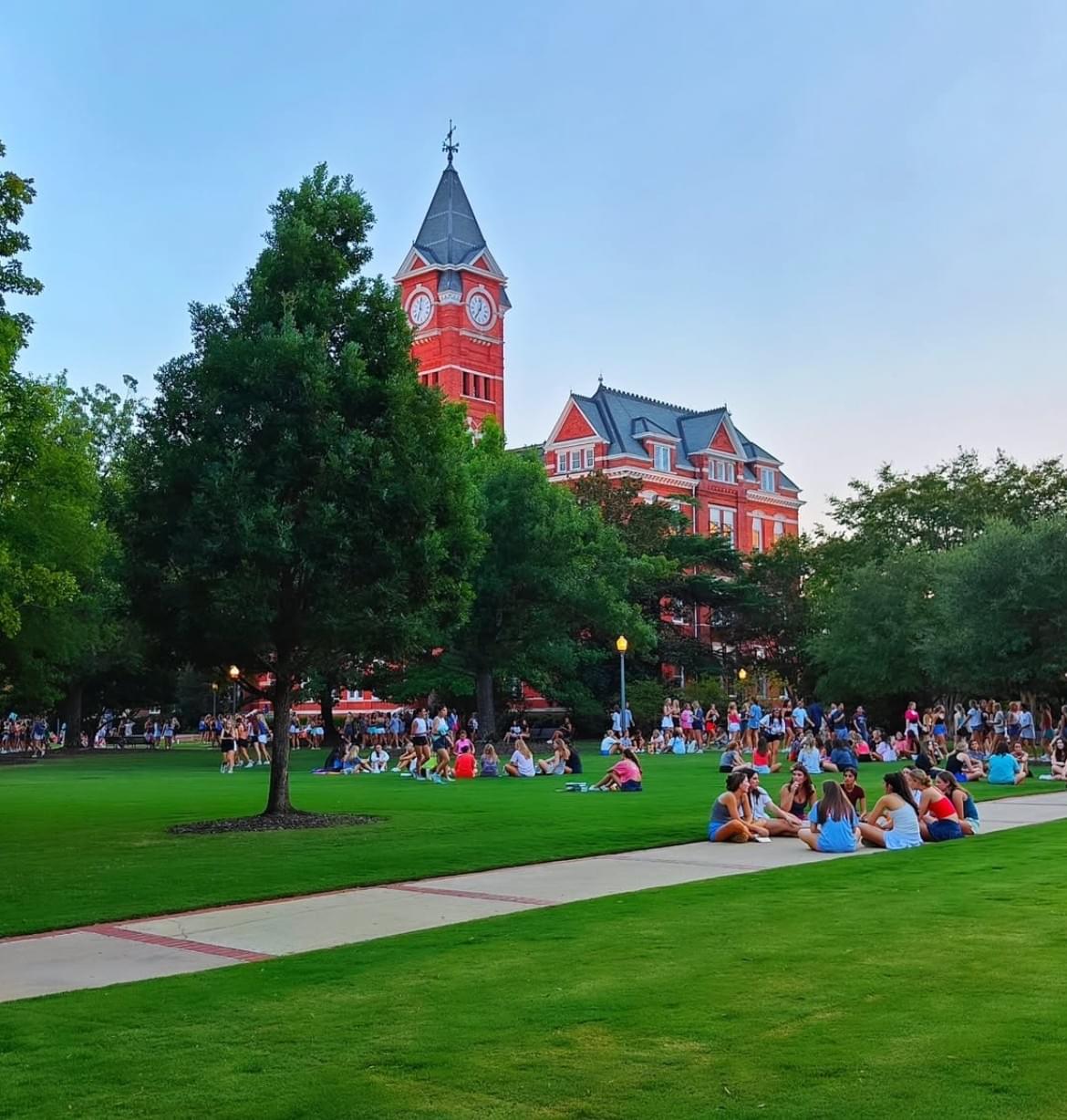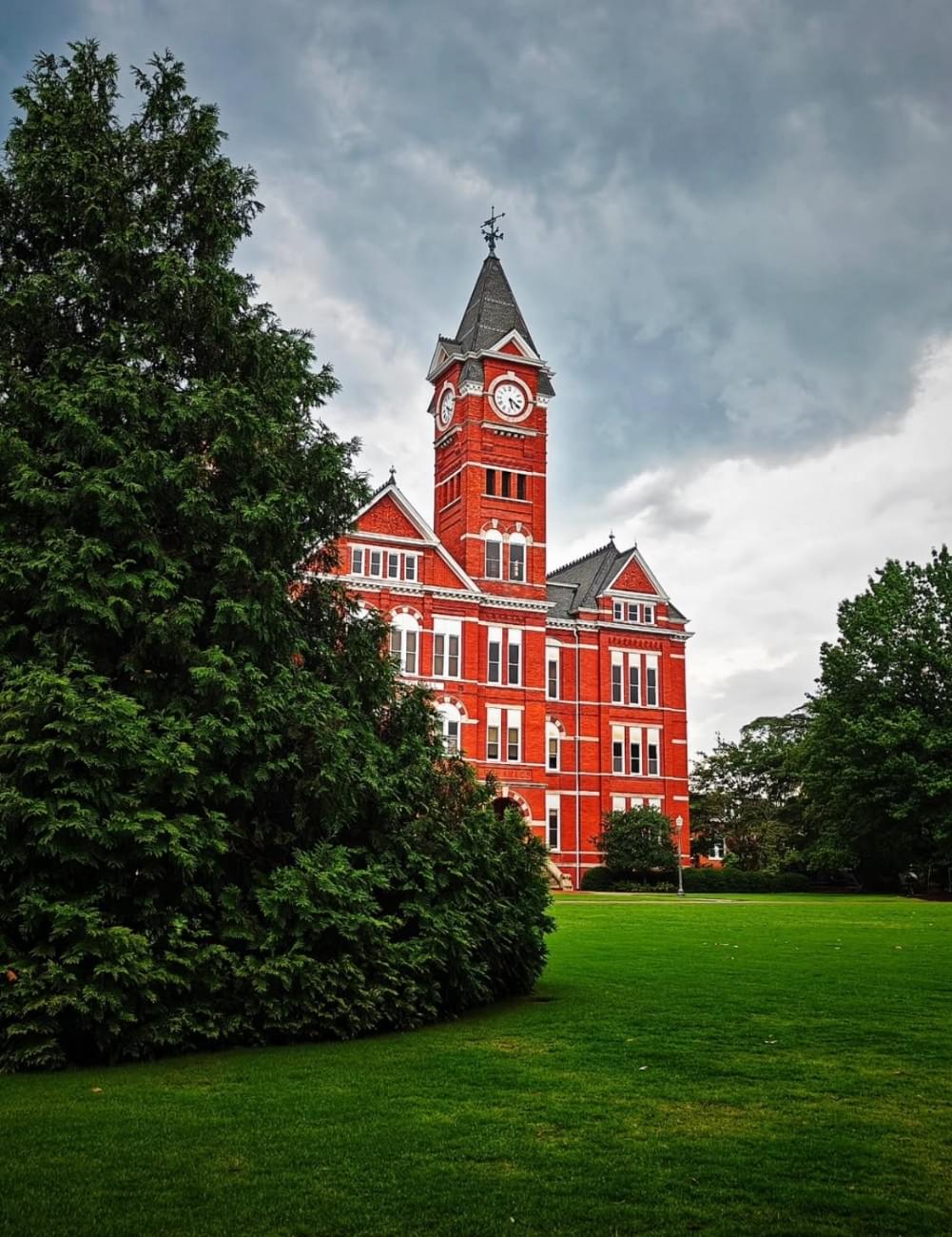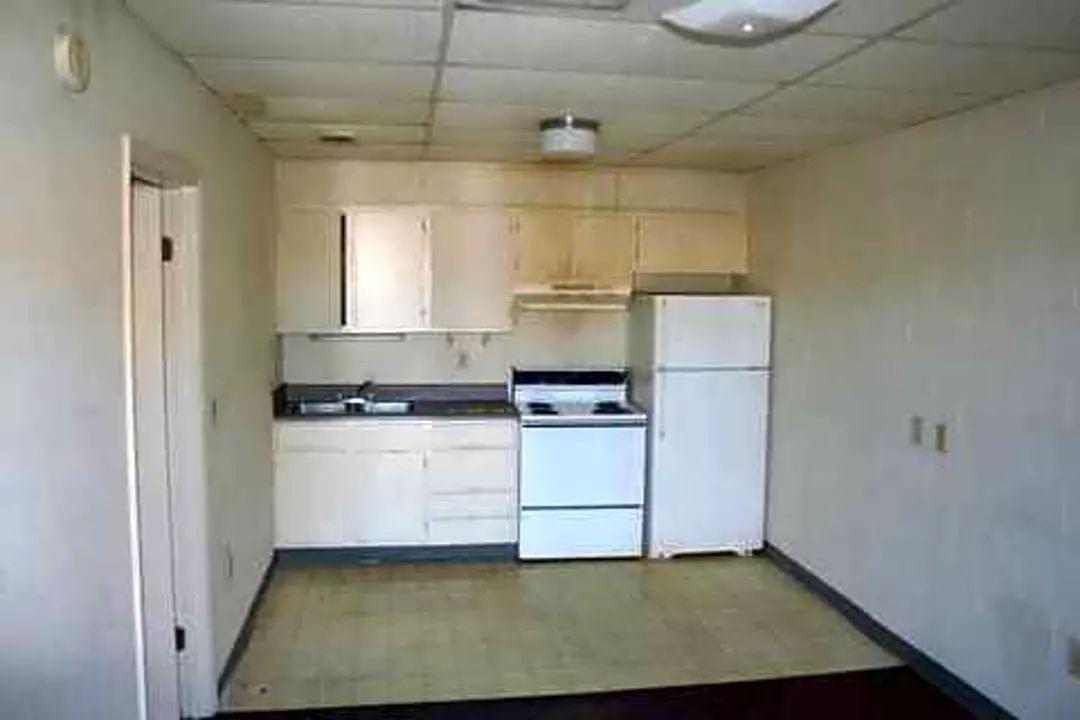What Students Say
Likes
- Campus is beautiful and surrounded by friendly people
- Good agricultural program working in multiple fields such as crop production, pathology, breeding, entomology
- Good facilities like campus bus during weekdays and also pedestrian-friendly
Dislikes
- Though a good town, but not very populous so can be boring for people love vibrant and crowded surroundings
- Not much of the population diversity like NYC or Chicago
- Comparatively less stipend for a masters student in Horticulture
Course Curriculum
- The courses are not very difficult. For most of the courses, there are a total of 3 exams worth 100 marks each; some marks are allocated for attendance and participation in class. The courses are well balanced with an equal amount of theory and practical work.
- A positive aspect of my coursework was that I was able to gain knowledge from various professors. The professors here at the universities are highly qualified and they teach in an engaging manner. There were group discussions and opportunities for students to present various topics related to the subject. A negative aspect I would mention is that sometimes it was difficult for me to understand the professor's accent, as they may speak fast.
- For a master's student, on a typical day, there can be 2-3 classes. They are usually either at 8 am or at 4 pm.
- Average students: 10-20
- Indian students in my classes were around 2-3
Admission Experience
- I only applied to Auburn University because my current advisor interviewed me and chose me as her graduate student. I applied because she told me to. After a month of submitting my application, I was admitted to the master's program here. I would recommend for master's and PhD applicants to email professors they are interested in, ask if they want graduate students, try to have a virtual meeting with them, and tell them about your research. If they like you, they will ask you to apply, which is a better option than applying directly.
- I contacted professors at various universities across the USA who matched my interests. Many of them said they liked my CV, but they didn't have funding available. However, my current advisor had funding, so she interviewed me and suggested I apply for a fully funded master's program. I didn't want to pay my tuition and preferred to receive a monthly stipend, so I asked for funding from different professors.
- I applied and only took the TOEFL exam; the GRE is not required at Auburn University. I submitted my CV, SOP, LOR, and TOEFL scores. For TOEFL, at least 89 marks are needed, but aiming for 95+ can improve your chances. Overall, my experience was smooth because I already had my current master's advisor's approval to proceed with the application.
- Spring 2024. I wanted to apply for Fall 2023, but I didn’t hear back from any professors. When I was interviewed in September, the closest intake was Spring 2024. I applied in mid-September and received an offer letter in mid-October. I personally think the Fall semester is the best and has the highest number of students, but since my interview was in September, spring suited me better.
Faculty
- The general student-to-faculty ratio for a graduate student, or we can say a master's student, was the teacher-to-student ratio of 1:2 , and I think this ratio is pretty much justified, as you get a chance to get personal communication with the professor, and your research experience, especially in a master's program is enhanced.
- The teaching methodology in my university is very interactive. The professor showed a PowerPoint presentation and in between, a discussion can happen. We can also ask various questions either in the end or in between the lecture from the professors and the professor is always happy to answer our questions. There are group discussions and in the end, students are encouraged to give a PowerPoint presentation or a report on a project on what they learn from this course.
- I am graduate research assistant, which is already a job, so no.
- I admire my advisor, Dr Elina Coneva, the most because she gave me the chance to work under her. She is always ready to teach me and help me in my academic journey
Campus Life
- There are two campuses of Auburn University. The first campus is Auburn University in Auburn City. The second campus is Auburn University at Montgomery. Facilities are available at both campuses. There is a large library. Medical facilities are also available on campus. There is a recreation centre and a large gym.
- During the fall semester, the campus is always crowded because, in Auburn, it is considered football season. So, many events are organised. Regarding Indian events, every major Indian festival is celebrated, such as Holi and Diwali.
- There is an Indian Student Association. Every country has its own student organisation, like the Indian Student Organisation, African Student Organisation, or Pakistani Student Organisation.
Part Time Jobs
- Almost every master's and PhD student in the department is a graduate research assistant or graduate teaching assistant. Sometimes, the positions are advertised on platforms like LinkedIn, but occasionally, when a student personally contacts a professor to express interest in their research program, the professor may directly interview the student and select them as a graduate research or teaching assistant. I don't know much about off-campus opportunities because I am a graduate research assistant, and this is my job.
- However, I have seen many undergraduate students working at the library, in on-campus coffee shops, or elsewhere, so there are plenty of on-campus job opportunities. The pay for a teaching or research assistant can range from $20 to $25 an hour. For international students, the maximum number of hours they can work is 20 hours per week. I can't comment on how to get a job because I have never tried to secure one; my research assistant position was fixed from the very beginning when I was in India.
- As I have already said in my previous answer, I cannot really comment on getting on or off-campus jobs because I am a graduate research assistant, and my position was fixed back in India, and I joined here from the beginning as a graduate research assistant. I am getting $22 an hour and I can work 20 hours a week.
- My position is graduate research assistant and I can do only this job at the campus and I am not eligible to do off-campus jobs because my 20 hours are being consumed as a graduate research assistant. Many of the undergraduate students that I see usually find jobs on campus because there are job fairs conducted within the universities but I cannot really provide you with reliable information because I am unaware of this.
Placement
- Regarding placement, if you are a graduate research assistant, there is nearly a 100% chance you'll secure either a PhD position or some other job. For jobs, LinkedIn is the best platform, or you can also apply directly to individual companies. The College of Agriculture hosts job fairs each semester, featuring companies like Syngenta and Pairwise, which often hire students.
- The average salary after earning a master's degree ranges from $30,000 to $50,000 a year, but it can be higher if you are a PhD student seeking a more advanced position. My batchmates applied for positions personally through various agricultural companies and via connections with their current advisors, and all were able to find good opportunities, either in jobs or as PhD students.
- The big company that hires a student from the College of Agriculture is Bayer Crop, a well-known company in crop science.
Accommodation
- For undergraduate students, there are very few on-campus housing options available, but for graduate students like me, only off-campus options exist. For accommodation, there are various Facebook groups and other social media platforms, as well as numerous real estate companies that rent out places.
- The average rent ranges from $400 to $600. My apartment, which has one bedroom and one bathroom, costs $550 in rent. Water is included, but I have to pay for electricity. Living alone, electricity typically costs between $70 and $100. Groceries and other miscellaneous expenses usually total between $200 and $300. For future students, I recommend joining urban housing groups.
- There are many Facebook groups where leasing or subleasing listings are regularly posted, making it easy to find accommodation. Personally, my place is very close to campus—just a 2-minute walk to the library and a 5-minute walk to my department. There are no challenges except if you find accommodation at the very last moment, you may end up getting a house that is very expensive rent-wise.
Exams
- IELTS/TOEFL are accepted. No GRE is required. For admission, 3 LORs, SOP, official academic transcripts, TOEFL/IELTS scores, and the latest CV are needed. In my case, a professor personally interviewed me and got to know my experiences during my BSc.
- She also shared her research projects, and after she was satisfied with my communication skills, subject knowledge, and field experience, she advised me to apply.
Fees
- I am not aware of any fees because my degree is fully funded by my advisor. However, on my I-20, the annual fee was listed at around $70,000. You have to pay a fee each semester, and yes, the fee is credit-based.
- My monthly expenses include an average rent of between $400 and $600, groceries between $150 and $250, electricity and water costs around $50 to $100, and other expenses can be between $50 and $100.
Scholarship
- Yes, I am a graduate research assistant at Auburn University. My monthly stipend is $1600, and my tuition is fully paid by my advisor. Many of my batchmates have received similar stipends at various other universities across the USA. The main factor is to contact different professors before applying, share your research interests, and go through their interviews.
- If they tell you to apply, then you should do so. I believe if your BSc GPA is above 8.0/10 and you are reaching out to faculty members in the USA, your chances of obtaining a scholarship increase.








